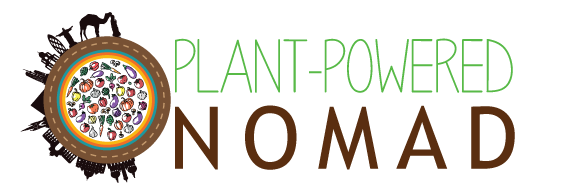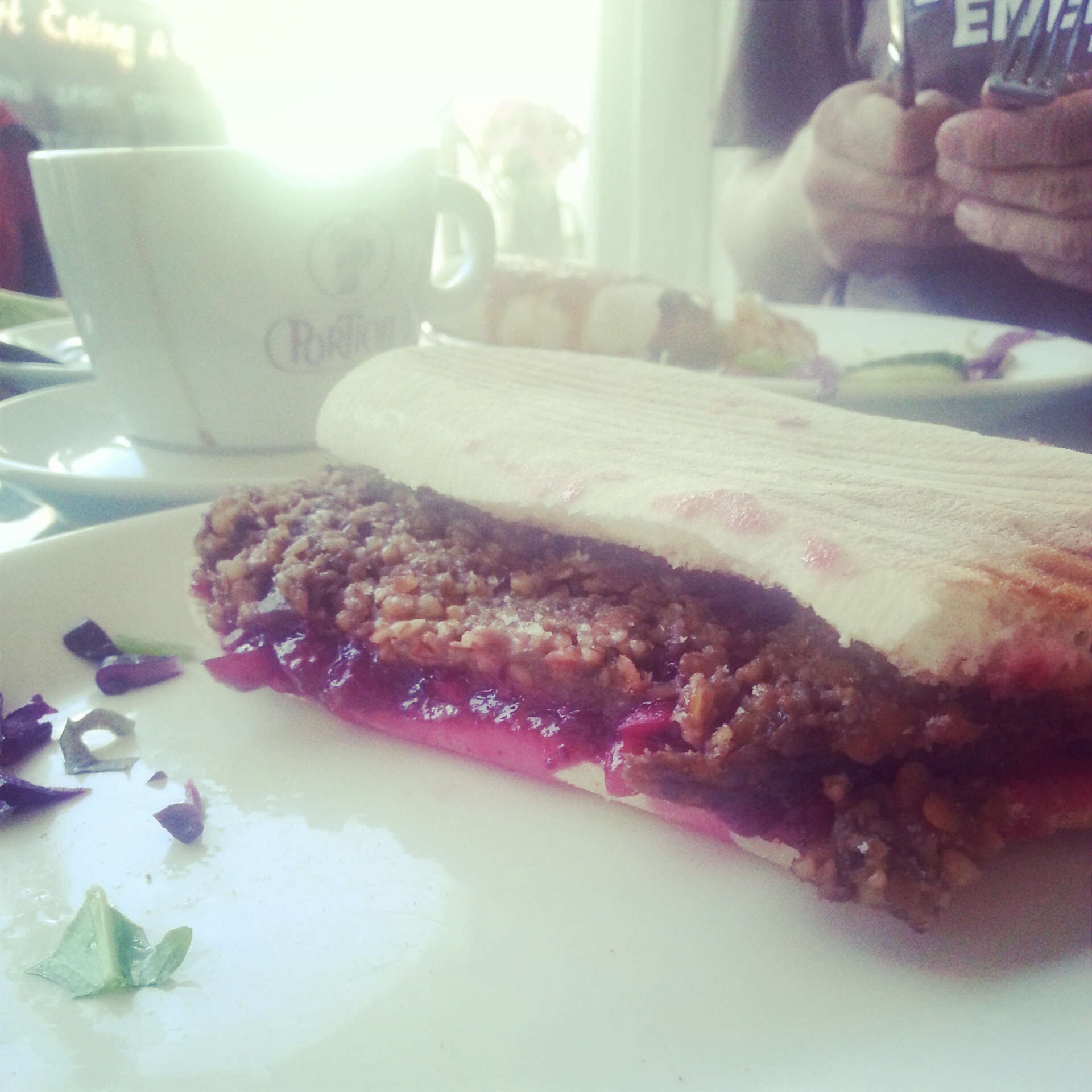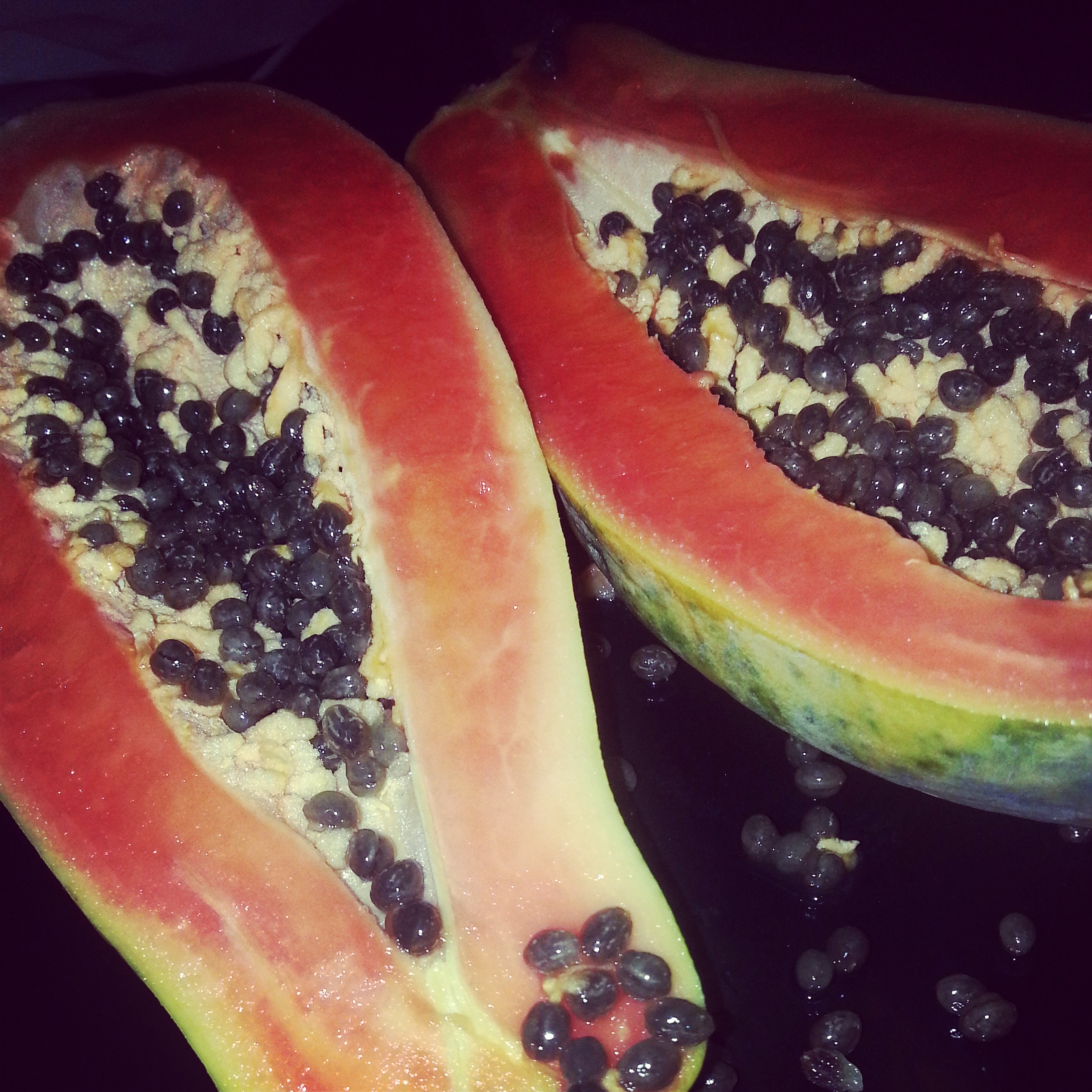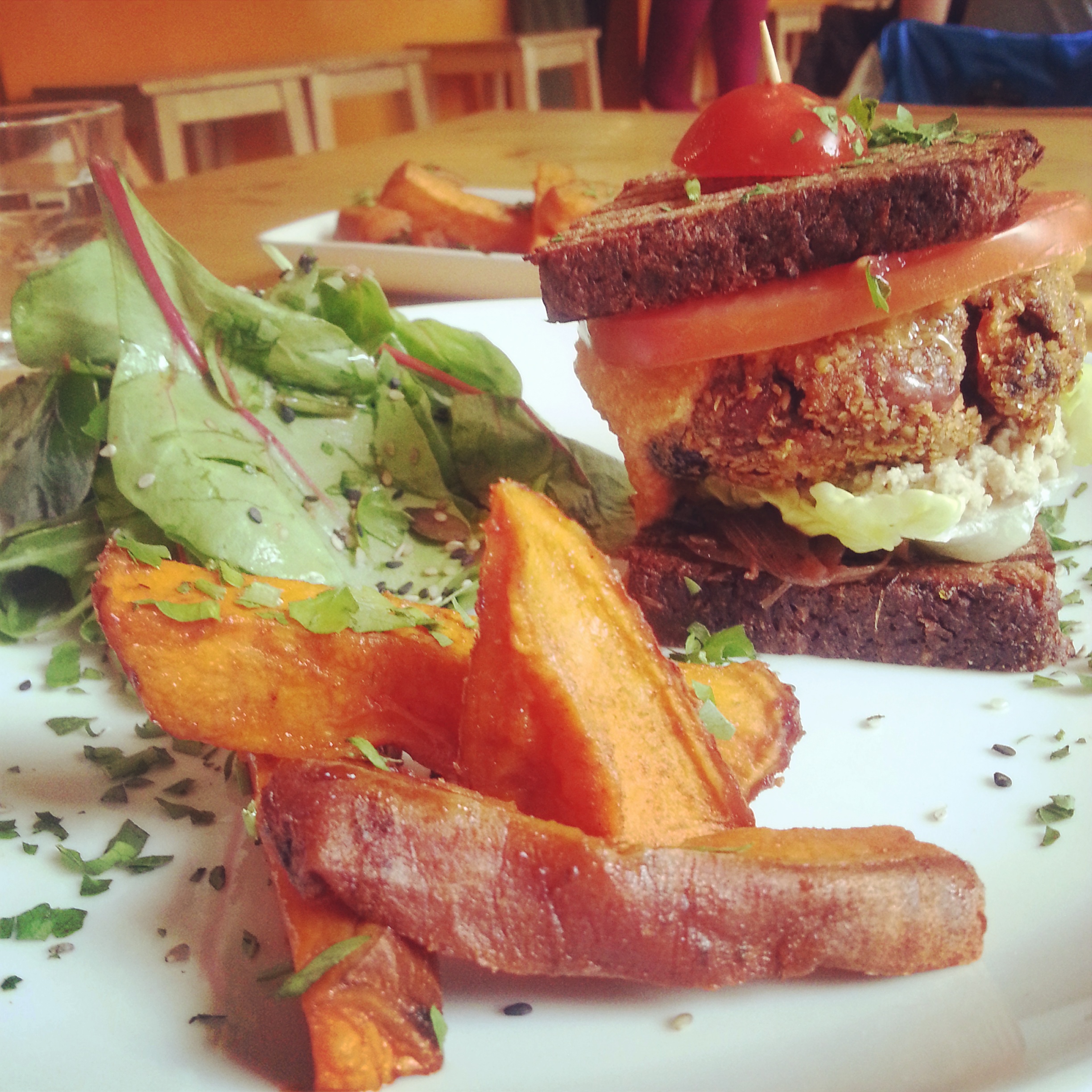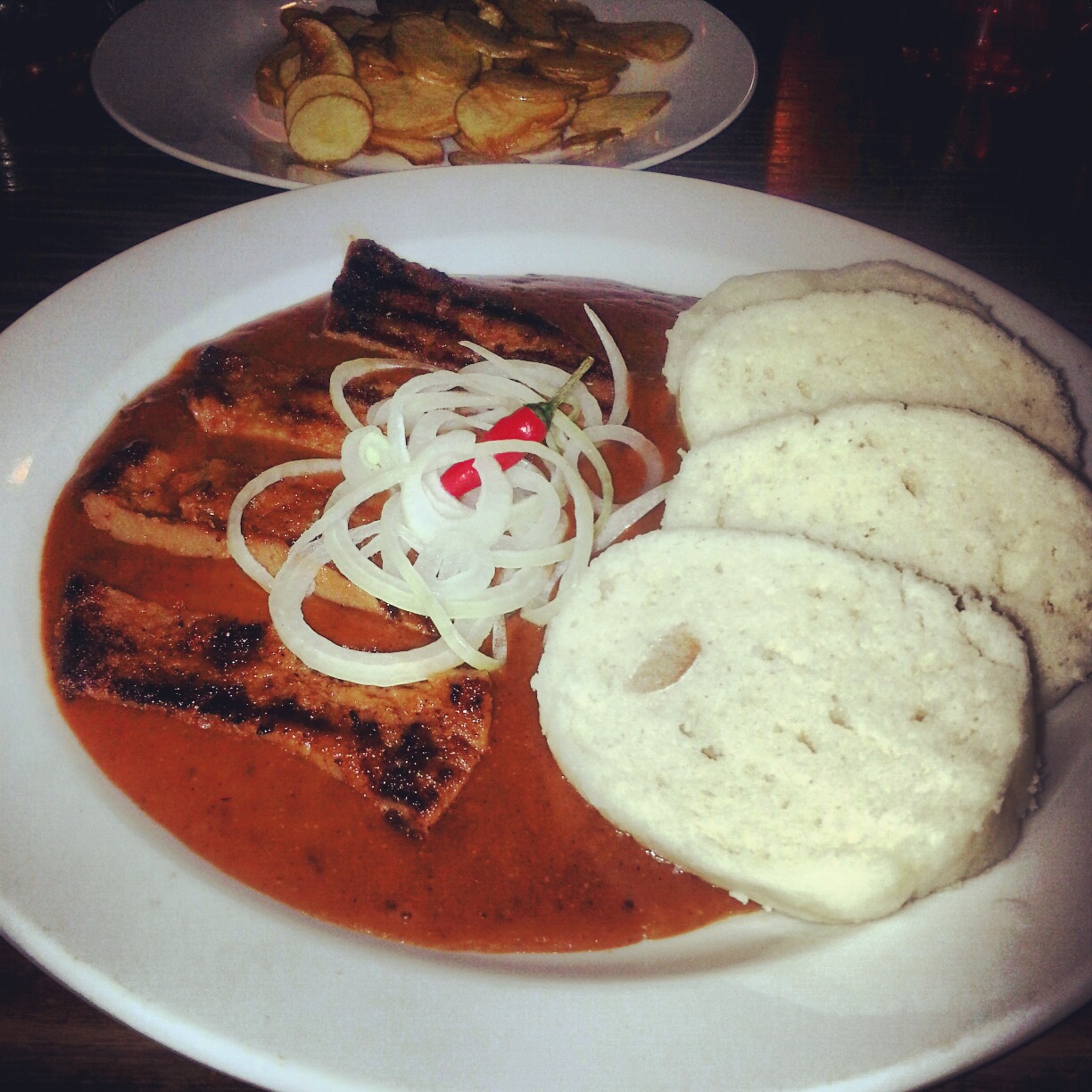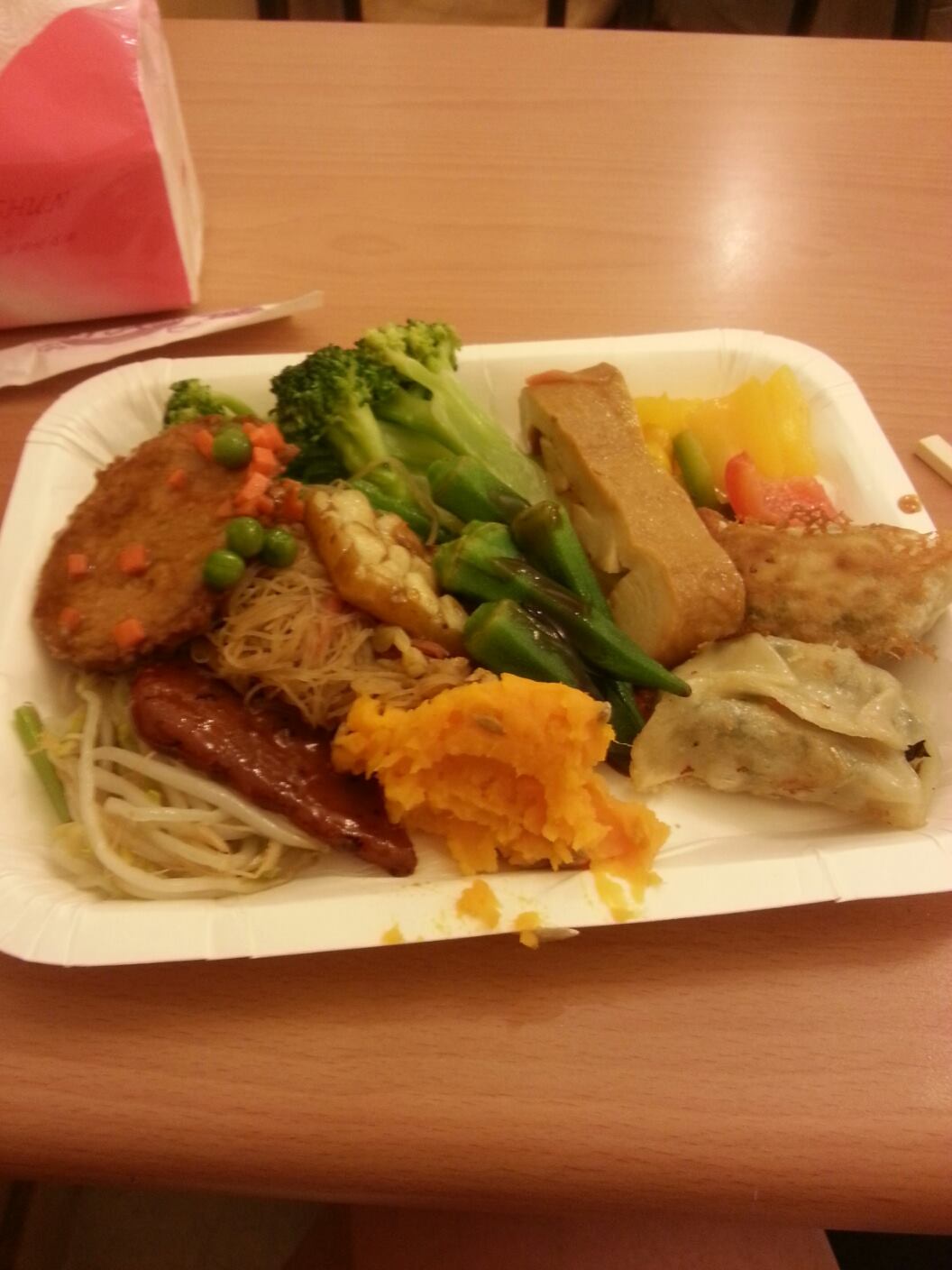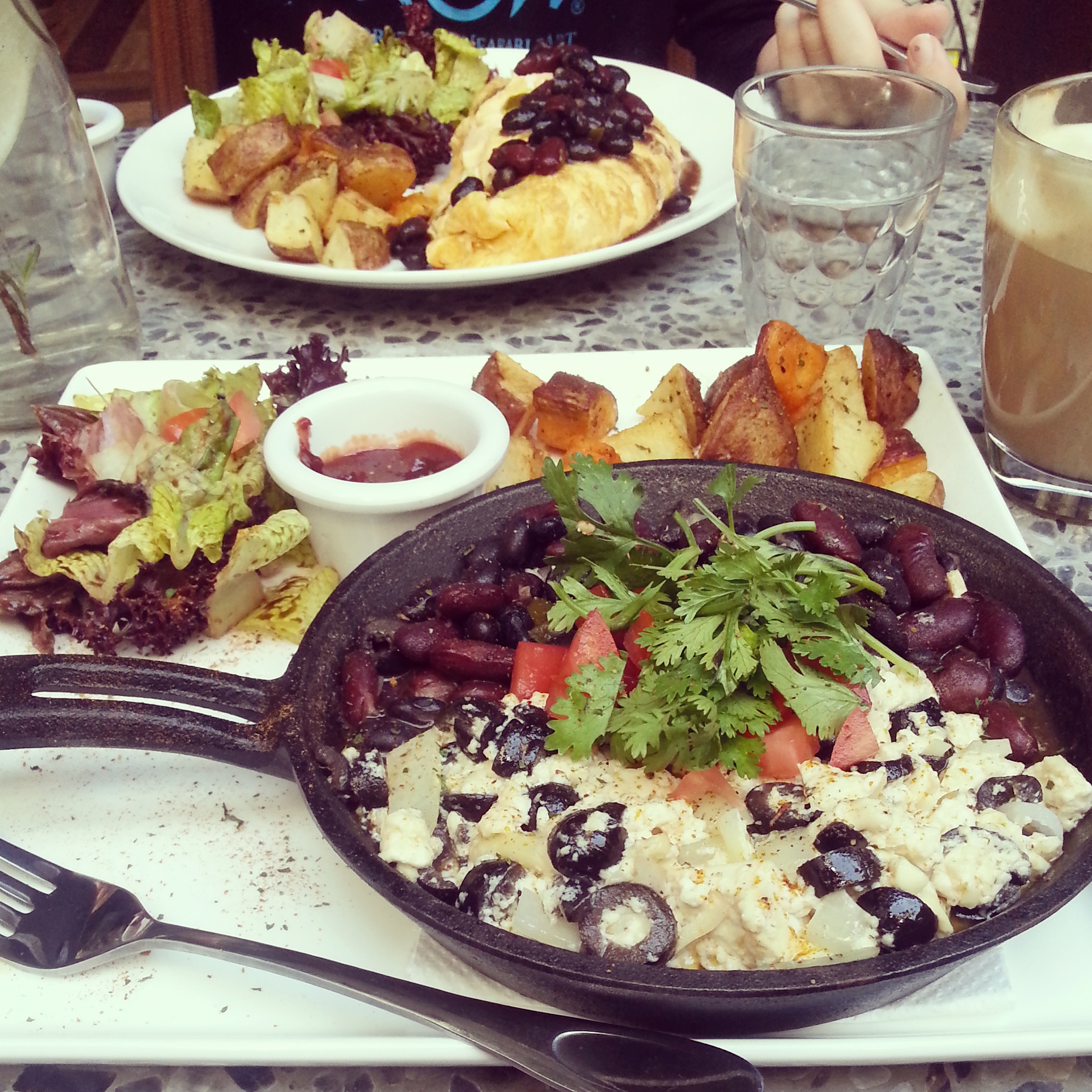I’ve hitch-hiked, couchsurfed, camped, stayed in hostels lived in more than a few countries. All as a vegan. Unsurprisingly, when I started eating a plant-based diet it was one of the things I worried about most, as I already loved travel. I wouldn’t say that I had an opinion as extreme as Anthony Bourdain (an opinionated chef) in my pre-vegan days, but the motives behind refusing hospitality weren’t exactly ones I understood. Here’s a taste of his eloquent, beautifully phrased sentiments:
“They make for bad travelers and bad guests. The notion that before you even set out to go to Thailand, you say, ‘I’m not interested,’ or you’re unwilling to try things that people take so personally and are so proud of and so generous with, I don’t understand that, and I think it’s rude. You’re at Grandma’s house, you eat what Grandma serves you.”
You think that’s bad? Here’s what he says about vegans:
“Being a vegan is a first-world phenomenon, completely self-indulgent.”
Excuse me while I go into the corner until I stop laughing. This statement is so ironic to me that I can’t even take it as an insult. For the record, though, I don’t eat what my Grandma cooks when I visit. I cook her vegan food, and even though she complains a little, she eats it and I’m pretty sure enjoys it.
I was worried about seeming like a bad guest, though. I’ve done some thinking since then. When was the last time you saw an article called ‘reasons Jews and Muslims are bad travellers because it’s not Kosher and Halal.’ (Opinions on Halal meat, again, save for another day.) The difference being, religious diets often hold a respect that vegetarian/vegan ones don’t. I’m still waiting to see an article called ‘Why the Buddha makes a bad traveler and guest, and if he visits me he’ll eat beef and thank me for being generous.’ Think that’s going to happen?
Probably not.
What Bourdain handily looks past is that respect it a two way street. When I travel I am more than open to immersing myself in their culture, their language, and their food. As long as no animals are harmed. And I hope that they can respect that, just as I in turn respect their religions and customs. So far the only people who it seems to offend… are those sitting at home.
Top to bottom, left to right: a ‘haggis’ and cranberry panini at a cafe on an island in the North of Scotland, a ripe papaya for dinner in Taiwan, an extortionately expensive raw vegan patty burger in London, and an amazing traditional style thing in Brno, Czech Republic.
How to eat when you’re a broke vegan travelling
Emergency food I travel with in my bag:
Rye bread (if possible, easy to find in Europe, not so in Asia), peanut butter, vegetable spreads/pates, bananas, apples, trail-mix and/or nuts. Sometimes there’s also a potato and an onion in there to cook at a host’s.
A standard day’s food on the road:
Breakfast: Fruit of some sort, usually bananas. I’ll add in bread or have oatmeal if I’m feeling super hungry.
Lunch: Some restaurants will have a vegetable soup, often I can find something involving noodles. I can usually find fruit or veg, or peanut butter and crackers when all else fails.
Dinner: Happy Cow is a godsend. I can usually find somewhere in any city I’m in that does vegan food. If I’m cooking, I’ll often do a potato/onion/mushroom/tofu fry up which is quick, cheap, and I can find the ingredients almost anywhere in the world. I carry small bags of spices in my backpack to add, carefully packaged.
I’m not good at being hungry. And I like hot meals. Couchsurfing is usual for travelling as a vegan because I can often find at least a vegetarian to stay with, or the person is willing to translate when we go out for food so I know what I’m eating.
The main thing is prepare, prepare, prepare. Make sure you have a few granola/cliff bars stashed away, so that when an emergency happens you’re okay. I’m a purist within reason, too – if there’s bread on offer, I’ll check it’s not been friend in lard or something, but I’m often a little more flexible about it containing milk or egg if I can’t tell and there’s nothing else. Chances are, it’s vegan. Better that than something that definitely has animal products in it.
Bottom line is, I’ve made it this far. And it only gets easier to travel as a vegan. It shouldn’t be a reason to put you off – veganism or travelling. And vegan food tourism is a fantastic way to see a city. Hunting down that little vegan place down a back alley in a city leads you past amazing places that you might never have experienced had you settled for the omni-place on the high-street. There are ways, there are means, and there are rewards.
P.s., here’s the full Anthony Bourdain article if you feel like it.
